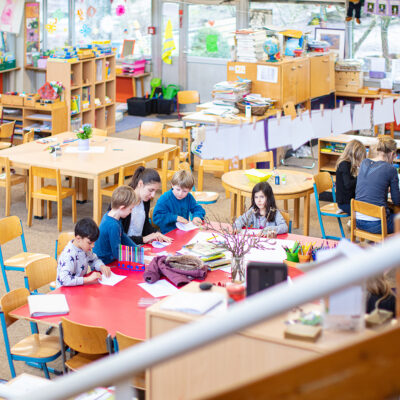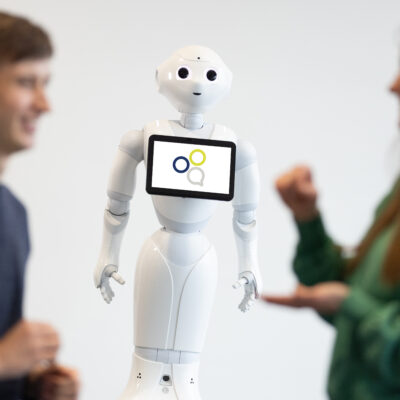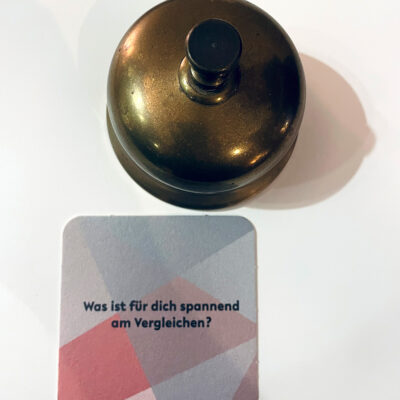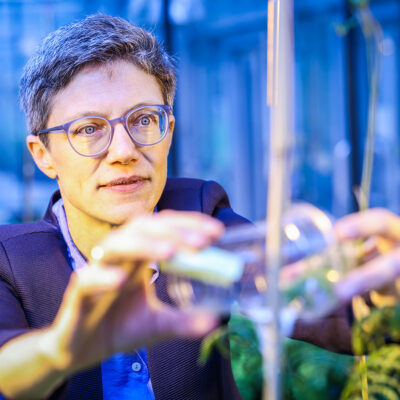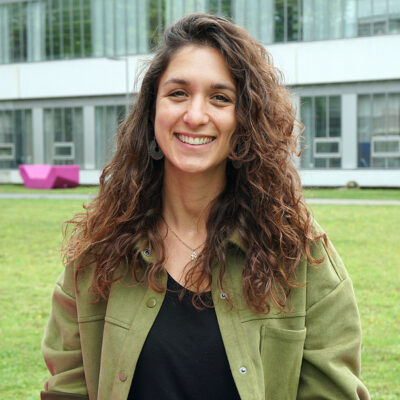Welche Merkmale hat der Zufall? Das erforschen Mathematikerinnen und Mathematiker gemeinsam mit Physikerinnen und Physikern auf dem 15. Brunel-Bielefeld-Workshop „Zufallsmatrixtheorie und Anwendungen“ vom 5. bis zum 7. Dezember. Zufallsmatrizen sind Anordnungen von Zahlen in Tabellenform, deren Werte zufällig gewählt sind. Sie helfen dabei, wichtige mathematische Probleme zu lösen oder physikalische Systeme besser zu verstehen. Finanziert wird der Workshop vom Zentrum für interdisziplinäre Forschung (ZiF) und vom Sonderforschungsbereich „Unsicherheit beherrschen und Zufall sowie Unordnung nutzen in Analysis, Stochastik und deren Anwendungen“ (SFB 1283). Professor Dr. Gernot Akemann von der Fakultät für Physik der Universität Bielefeld organisiert den Workshop zusammen mit Wissenschaftlern von der Brunel University und dem Imperial College London (Großbritannien).
„Die Zufallsmatrixtheorie ist sowohl in der Mathematik als auch in der Physik relevant“, sagt Akemann. Ihre Anwendung ist zum Beispiel für die Riemannsche Vermutung wichtig, die seit mehr als 100 Jahren zu den bedeutendsten ungelösten Problemen der Mathematik zählt. Physikerinnen und Physiker nutzen die Zufallsmatrixtheorie, um chaotische Quantensysteme oder Bereiche der statistischen Mechanik zu verstehen. „Die Idee hinter der Zufallsmatrixtheorie ist, zufällig bestückte Matrizen zu betrachten und ihr charakteristisches Spektrum zu berechnen“, so Akemann. „Oft ist es nicht möglich, dieses in Anwendungen zu berechnen. Dann kann man auf Zufallsmatrizen zurückgreifen.“
Der Brunel-Bielefeld-Workshop wird seit 2005 jährlich veranstaltet, jeweils abwechselnd an der Universität Bielefeld und an der Brunel University London. In diesem Jahr werden etwa 70 Teilnehmerinnen und Teilnehmer erwartet. „Der Workshop bietet Forschenden aus verschiedenen inner- und außereuropäischen Universitäten und Disziplinen die Möglichkeit, sich auszutauschen – vor allem auch jungen Wissenschaftlerinnen und Wissenschaftlern, die dort ihre Arbeit präsentieren können“, sagt Akemann. Nach einer Postersession am Donnerstag folgen am Freitag und Samstag Vorträge von internationalen Forschenden.
Neben dem ZiF, das den Workshop hauptsächlich finanziert, ist auch der SFB „Unsicherheit beherrschen und Zufall sowie Unordnung nutzen in Analysis, Stochastik und deren Anwendungen“ beteiligt. Die Deutsche Forschungsgemeinschaft fördert den SFB bis 2021 mit jährlich 2,5 Millionen Euro.
What are the characteristic features of randomness? Mathematicians and physicists are working together to explore this issue at the 15th Brunel–Bielefeld Workshop on ‘Random matrix theory and applications’ from 5 to 7 December. Random matrices are arrangements of numbers in the form of tables whose values are selected at random. They help to solve major mathematical problems or to better understand physical systems. The workshop is being financed by the Center for Interdisciplinary Research (ZiF) and the Collaborative Research Centre ‘Taming uncertainty and profiting from randomness and low regularity in analysis, stochastics and their applications’ (CRC 1283). Professor Dr Gernot Akemann from the Faculty of Physics at Bielefeld University is organizing the workshop together with scientists from Brunel University and Imperial College London (Great Britain).
‘Random matrix theory is relevant in both and physics,’ says Akemann. For example, its application is important for the Riemann hypothesis—for over a hundred years, one of the most significant problems that has still not been solved in mathematics. Physicists use random matrix theory to understand chaotic quantum systems or areas of statistical mechanics. ‘The idea behind random matrix theory is to look at randomly filled matrices and compute their characteristic spectrum,’ according to Akemann. ‘Frequently, these cannot be computed in applications. Then you can resort to random matrices.’
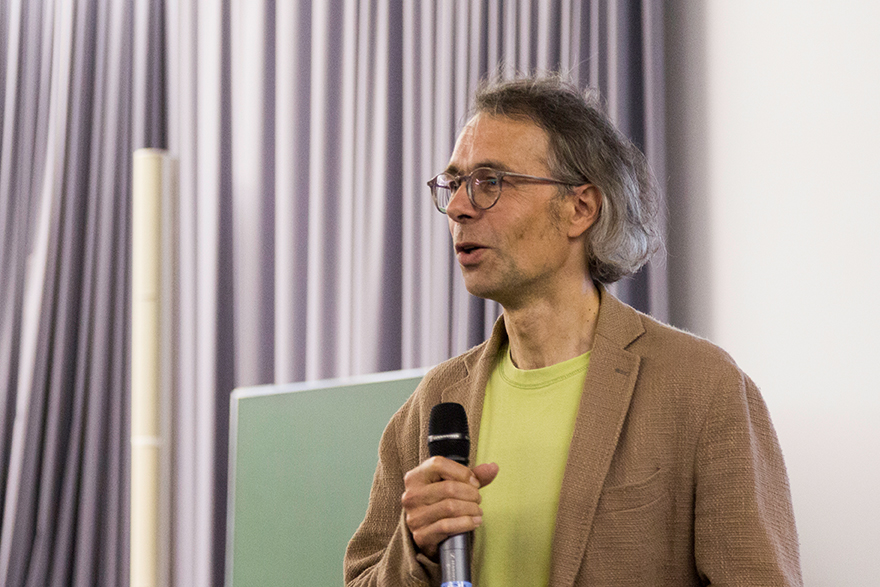
Every year since 2005, the Brunel–Bielefeld Workshop has been held at either Bielefeld University or Brunel University London. This year, approximately 70 participants are expected to attend. ‘The workshop grants researchers from various disciplines at universities both within Europe and beyond the chance to exchange ideas, and it is particularly important for young scientists who can present their work there,’ says Akemann. A poster session on Thursday will be followed by papers from international researchers on both Friday and Saturday.
Although the ZiF is providing most of the funding for the workshop, the CRC ‘Taming uncertainty and profiting from randomness and low regularity in analysis, stochastics and their applications’ is also contributing. The CRC is receiving 2.5 million euro a year from the German Research Foundation until 2021.
Further information:
• Conference website
• SFB 1283 website
